Award-winning author and star of ITV1's Transformation Street Juno Dawson writes about everything from gender identity, to mental health, to addiction. Yet it was her own life that proved the big read when, in 2016, she announced she was transitioning from James Dawson, to the person she’d always known she was: Juno
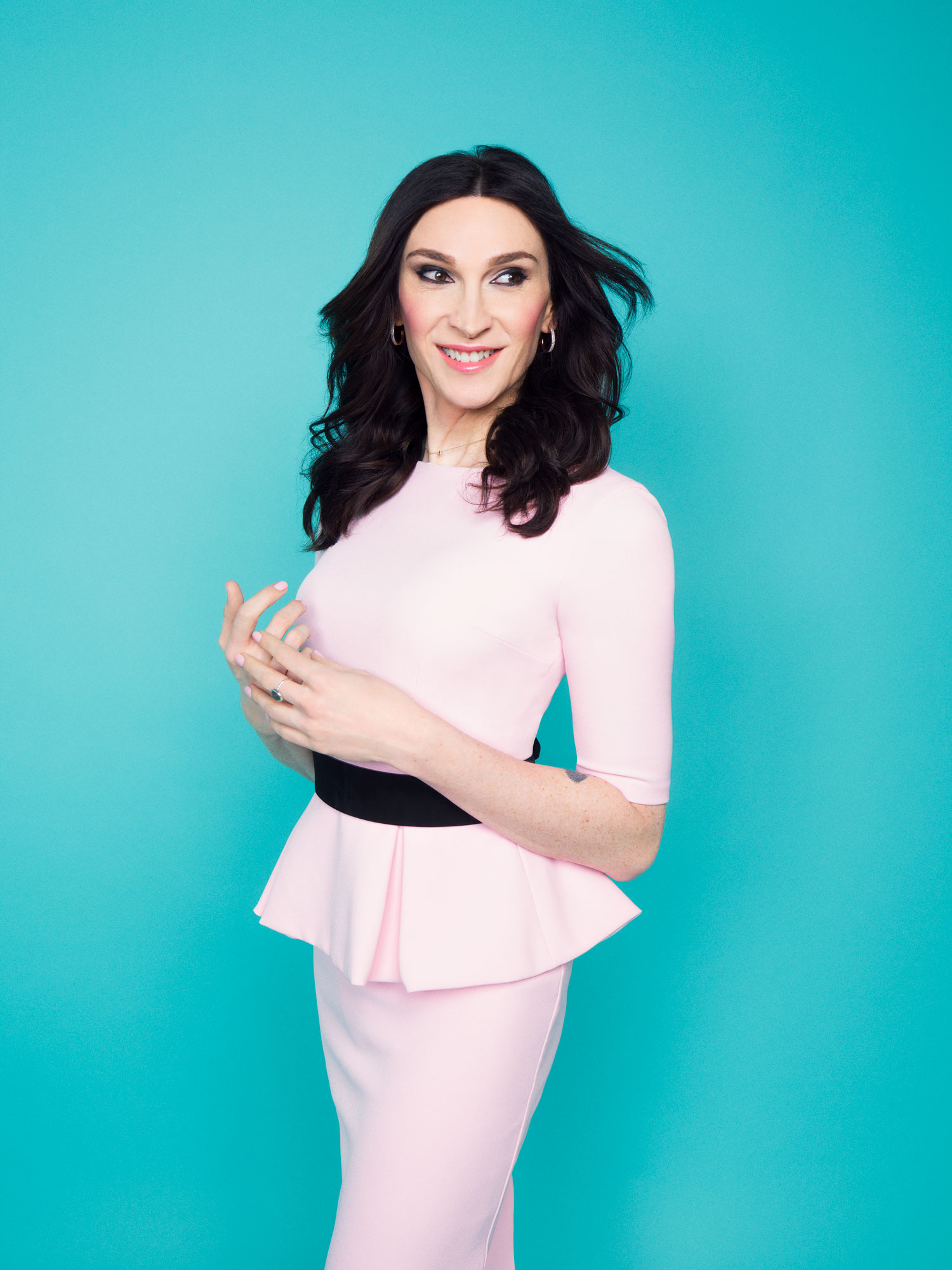
The first time I met Juno Dawson was at the Mind Media Awards in 2017 – a night celebrating phenomenal efforts and achievements in the field of mental health. So, as you can imagine, I was pretty excited (and in awe) to be listening to all these incredible people.
During the ceremony, Juno was on stage to present the Digital Champion Award, alongside Happiful and Counselling Directory founder, Aimi Maunders. While she had the attention of the room full of journalists, Juno took the opportunity to speak to us all about being kinder to each other, and about taking the opportunity to reach out to people, and not promote hate.
“48% of young trans people haven’t just thought about it, they’ve attempted suicide,” she said.
Juno’s speech was one of the most memorable moments of the night, and the entire room stood to applaud her words. When she thinks back, her only disappointment was that Prince Harry had already left the building by the time she got to speak.
So, as we’re sat in an east London studio prepping for our cover shoot, I take the opportunity to ask her, as someone in the media: how can we better represent and support trans people?
“Whereas to the press we’re something to be debated, to us it’s our lives,” Juno says. “We have to go out there day after day and live in this world, and the press are portraying us as something to be wary of – and of course, that’s not the case.”
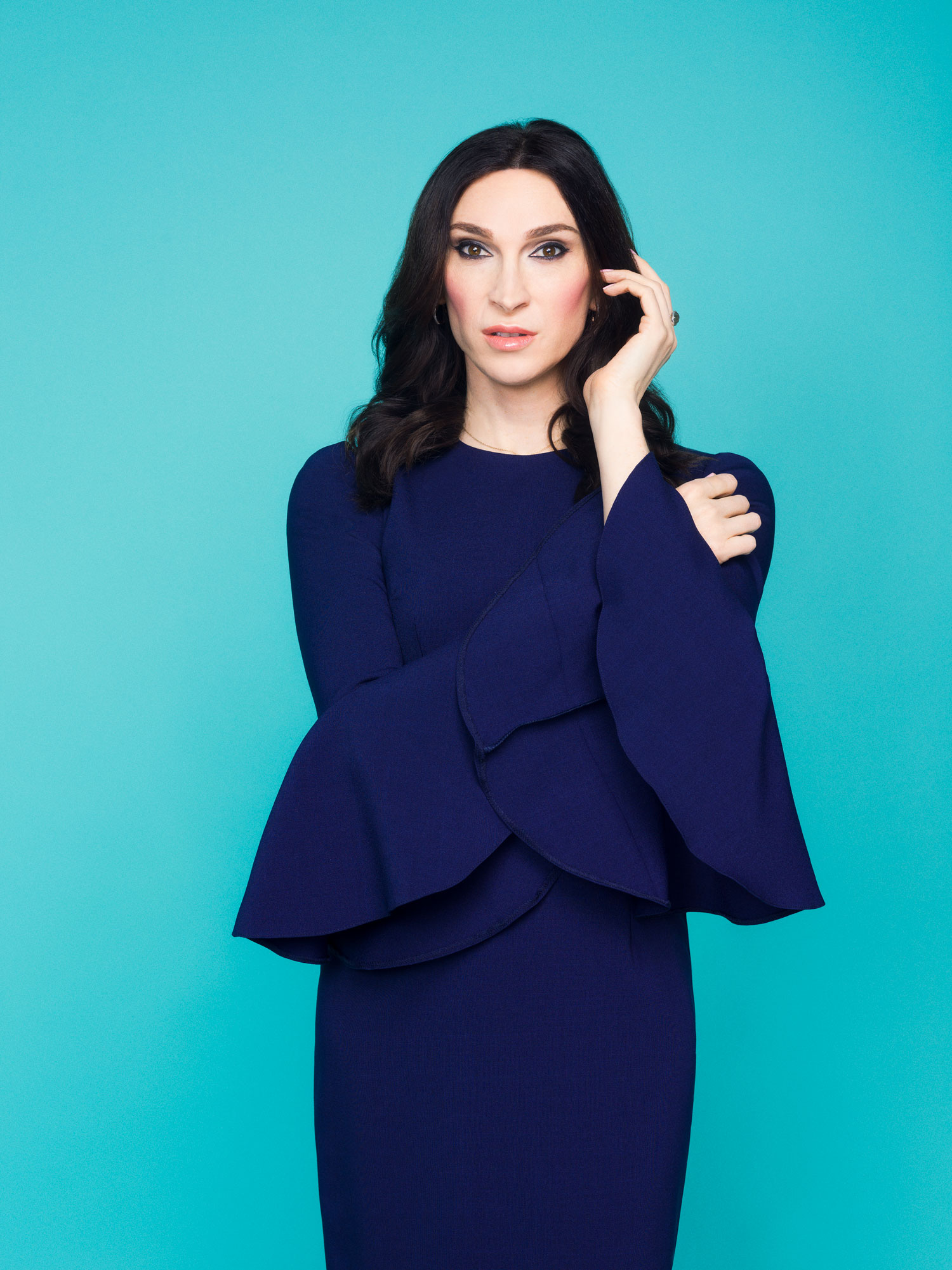
And the problem, Juno explains, is not just about the representation of transgender people in the media, but also other minorities, including the way mentally ill people have been presented for decades.
So what needs to change?
“Let us speak for ourselves,” Juno implores. “So few trans people have been given a voice in the media, and I’m very lucky that I’m one of them. Trans men are almost unheard of.”
She has a point. In our discussions, we reference maybe five or six transgender people, all women, who are in the public eye on a reasonably regular basis – who get to speak and represent their community.
Journalist India Willoughby was recently in the Celebrity Big Brother 2018 house, but for trans people to get more of a voice, they need more screen time than one stint on reality TV. Their stories need to be told. And thankfully, there is a show that aimed to do that, which Juno was a part of.
At the time of our interview, Juno’s episode of ITV’s Transformation Street was a few days away from airing. Having seen the first episode and the way people were presented, I ask Juno if she’s happy with it.
“I would have pulled consent if I hadn’t been!” She’s as quick as one of her fictional characters. “I agreed to take part in Transformation Street because I could see what Sally Benton, the director, wanted to achieve: to take a much maligned minority group and put them slap bang on primetime ITV1.”
Knowing Sally’s past experience – she made the TV series Long Lost Family presented by Davina McCall – Juno realised she would use a sympathetic and respectful touch. However, there was some controversy with the show, given its focus on the surgical aspect of a transition, which, as Juno notes, is only a small part of a trans person’s life.
The first year of my transition was an incredibly positive experience because I was finally living the way I wanted to live
“Yes, your exterior changes,” Juno says, “but that’s only to come in line with your insides. Even my mother had to accept that while I’ve changed phenomenally outwardly, I’m just as irritating as I was before. Nothing else about me has changed whatsoever.”
And in our discussions, that couldn’t be more apparent. Even at five years old, Juno knew exactly who she was. She describes her childhood, growing up during the late 80s in the suburbs of Bradford, West Yorkshire, where she would tell anyone who would listen: “When I grow up, I’m going to be a girl.”
For Juno, living in this very ordinary, suburban life, she always knew that her gender assigned at birth wasn’t right for her, but didn’t know about transgender people to express it. “All I wanted was to hang around with girls and I was told that wasn’t right, so I never formed good friendships.”
As she entered adolescence, Juno retreated into her bedroom and the comfort of science fiction – particularly Star Trek, Doctor Who and Star Wars – but recognises the positive influence this alone-time had on her. “I don’t know if I’d be the writer I am today if it weren’t for the fact that that’s what my teenage years were,” she says.
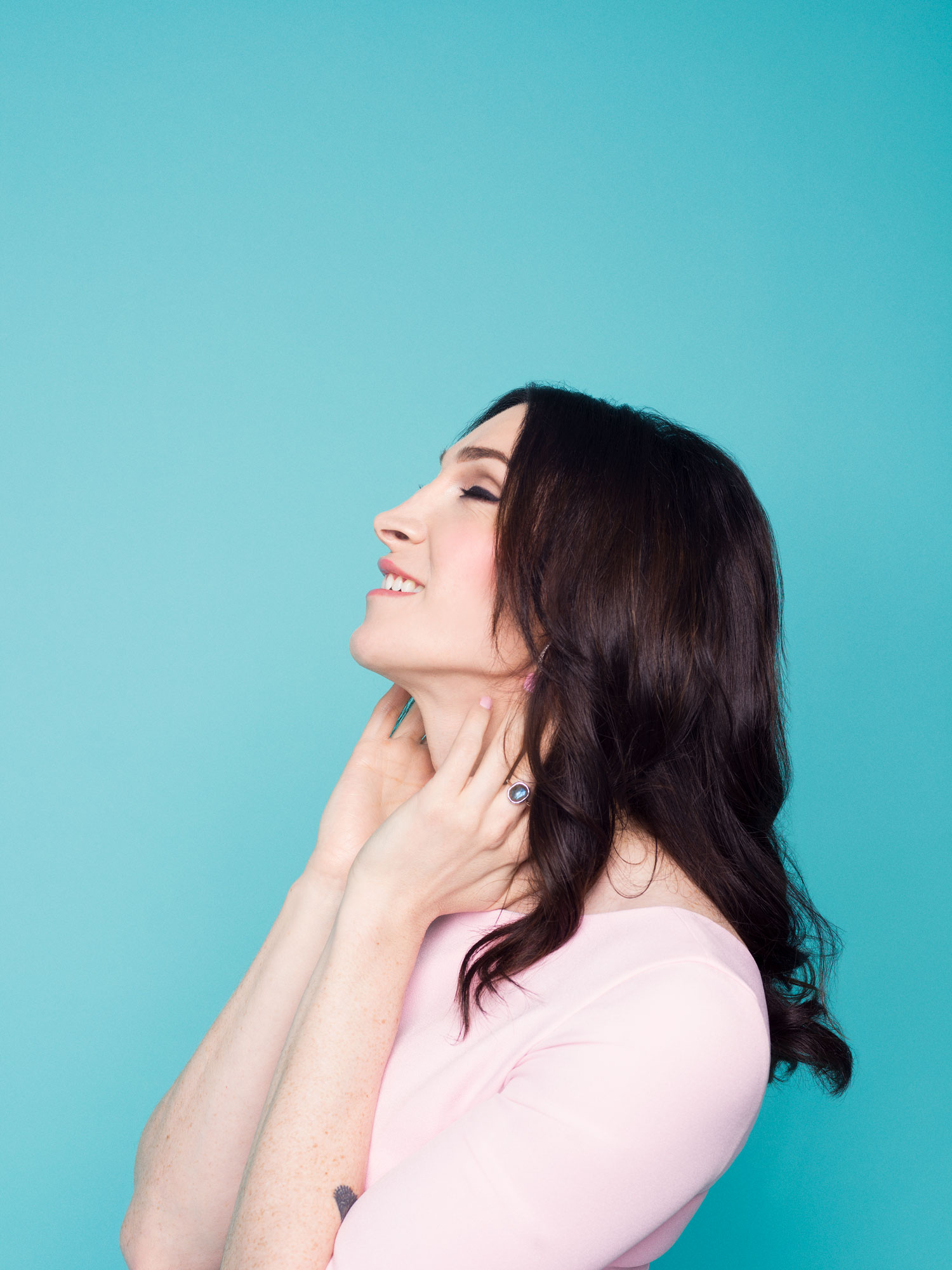
Adolescence is a difficult period for a lot of people, but puberty for someone who feels their gender isn’t right is even more emotionally fraught. While she started her teenage years struggling with friendships, Juno found an incredible support network in three girls at sixth form – who she’s still close friends with to this day. Juno reflects, “I realised the power of friendship when they’re the right friends. Up until that point, I’d had quite toxic friendships with people who’d teased me. But now, I was accepted as one of the girls.”
In fact, it was these close friends who supported Juno with her gender identity. In 2013, Juno first properly started talking to them about how she was feeling, and while they were incredibly supportive, they realised they had no experience of it. They encouraged her to speak to a professional, and Juno notes that she was in the privileged position of being able to afford private therapy.
While initially sceptical about counselling, Juno shopped around and tried out two counsellors, before finding third time’s the charm with her therapist Dean. “The first two were lovely, but I felt like they didn’t get it,” she says. “And I’d say to anybody considering therapy that it’s about the dynamic and the relationship.”
While Dean’s tough-love style might not be for everyone, Juno recognises it’s exactly what her Yorkshire sensibility needed. “He had to snap me out of trying to give him the answers I thought he wanted,” she says. “I’d gone to him specifically about my gender transition, and he quickly realised there were a lot of things that needed talking about – my sense of identity, my anxiety issues. There was a lot to unravel.”
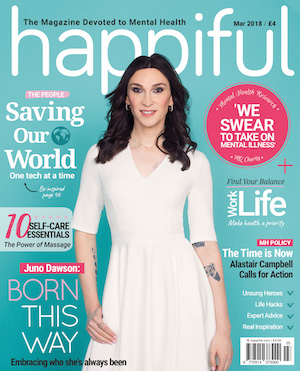
To read more, pick up the March issue of Happiful in your local Waitrose, Tesco, Sainsbury's, Morrisons or Asda store from Thursday 15 February, or subscribe to our free digital magazine to receive it straight to your inbox on Thursday.
Photography | Joseph Sinclair
Hair & Make-up | Alice Theobald at Joy Goodman, using Rodial Skincare, Dollbaby lashes, & Cosmetics a La Carte, L'Anza & IZ Beauty
Styling | Krishan Parmar

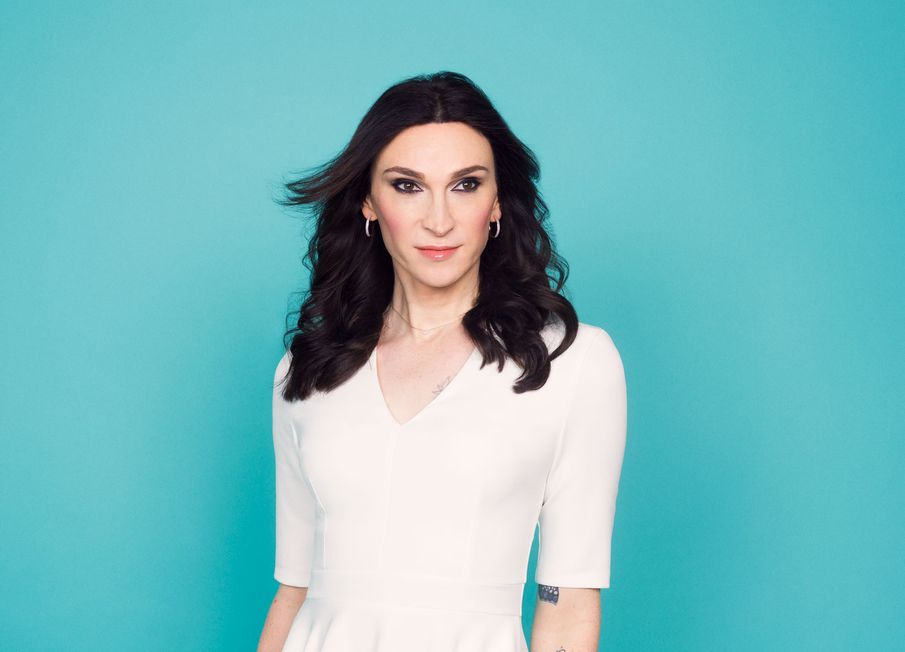
Comments